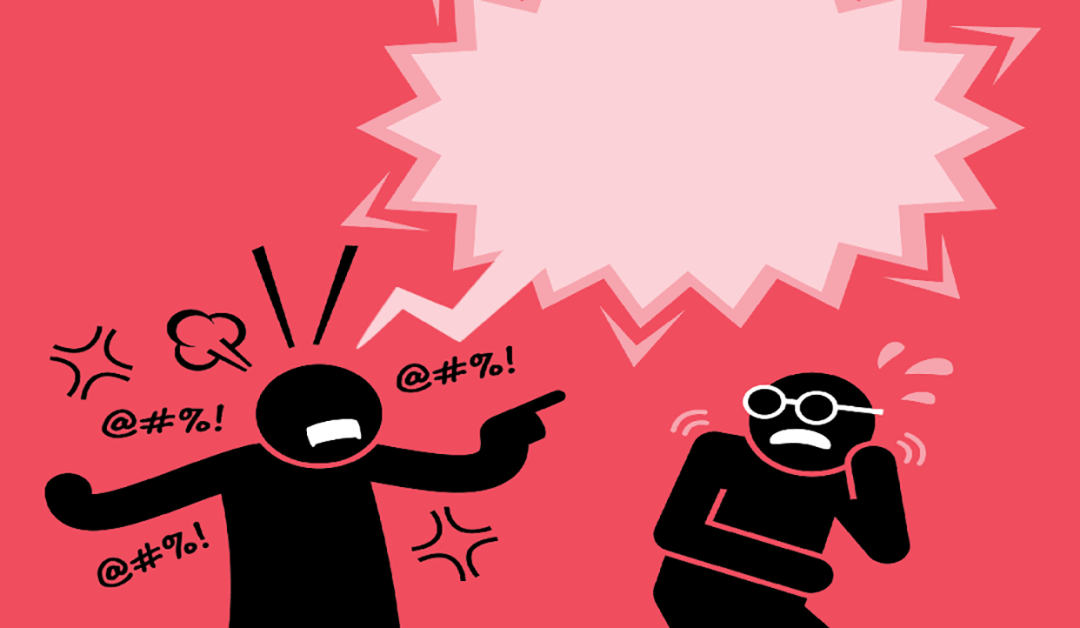One of the strongest negative emotions that can not only make one take impulsive unreasonable decisions but also strip one of their humanity is hate. This emotion can take the form of many aggressive activities that attack other individuals as well as oneself. For many years our society has observed the extent to which hatred has led to violence in terms of wars, genocide, massacres, riots, terrorism and murders. Beneath the series of unexpected outbursts lies the several cognitive distortions of the particular individual. There are many incidents where the haters do not necessarily participate in violence but the emotion pushes them to commit acts that are immoral. The formation of a hate attitude is usually in the presence of an influential leader who is an important as well as valuable figure in the hater’s life. Hate also sometimes emerges as a response to some past injustice that has occurred. Hence, in executing behaviours that show hate, one attempts to seek a balance.
Hate as an emotion can be situationally derived or be the result of several environmental influences. Cognitive development begins from the stage of early childhood. The socialization process that the child goes through among his or her family members becomes the source of developing behaviours through observations and also getting rewarded for practising certain hateful activity against an outside community or individual. In another situation, the child might also be subjected to severe forms of unreasonable punishment where there is an urge to seek that validation and acceptance later on by using similar unhealthy impulses. The social factor of prejudice also plays an essential role. Here, the strong schema is built against an out-group due to their belief that they were themselves victims of some form of discrimination. Falk (2001), thinks hate centres upon extreme prejudice including both negative affective and cognitive appraisals towards a stigmatized group. This may involve hatred towards one’s gender, culture, religion, social status, national origin, sexuality or disability status. The element that forms the base of hatred is the devaluation of the victim and the ideology of the hater. They tend to eliminate other emotions that help bring stability before an individual decides or acts. The sympathy and empathy is also severely diminished and there exists a vast set of distortions that leads to overemphasizing the negativity more than it actually exists.
One of the crucial components that underlie the psychology of hatred is low self-esteem and poor self-image. This leads to fear of other groups and individuals taking over resources that one desires to establish. It also results in catastrophic thinking and in order to compensate they attempt to commit cold impulsive acts that they believe can aid their perception of self. Observing others’ failures and sufferings can somehow alleviate their ongoing distress. There are other psychological risks that can give rise to feelings of hate. It includes emotional immaturity and dependence where the individual relies on others’ views and has a poor sense of social justice. Other characteristics include rigidity of thought, pathological mistrust, unhealthy pride and emotional poverty.
It is therefore vital that educationalists try to incorporate the adequate values of equality, integrity and morality. It is also essential to create mass awareness regarding the need to address the emotions of the haters in order to progress towards teaching them self-controlled behaviours as well as the importance of empathy. The role media plays can also help in limiting any form of discrimination and enhancing consideration and respect for others. The role authority figures play at home or school also needs to be monitored where they should build an atmosphere that does not promote negative attitudes in children or adolescents. The age-old concrete emotion of a hater cannot be resolved overnight but the social and behavioural implications can be managed if they are properly rehabilitated with a space that gives them an opportunity to express and restructure their cognitive distortions. Lastly, there can be workshops that build the resilience of haters as a way to overcome their personal and psychological insecurities.
– Urveez Kakalia & Debanjana Banerjee.

